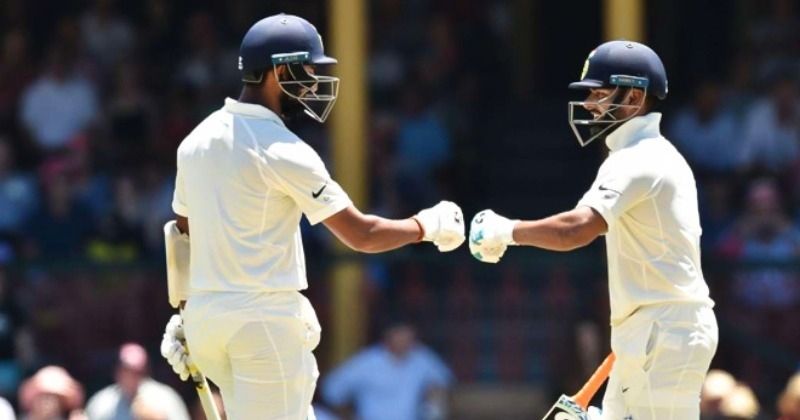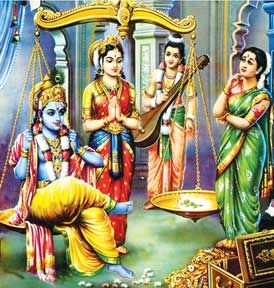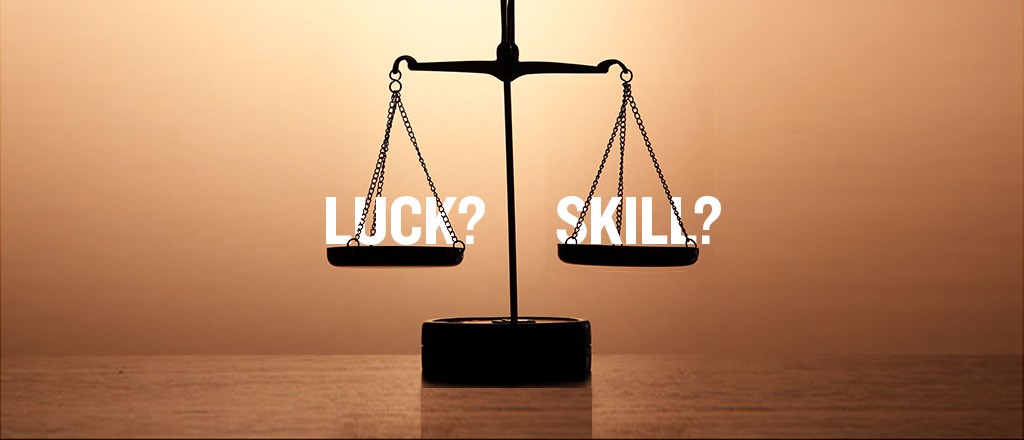Does Money Really Solve your money problems? If not money, what else could solve it?
The Problem
Doesn’t that sound weird. How could a huge sum of money not solve all the financial problems I have today. I can hear many of you say, “Try me”.
I may not be in a position to conduct such a social experiment, but such things have already happened, many times before. Lottery Winners, Sudden inheritance, Prize show winners. Most of these people lose the money in under 5 years.
If you are still wondering, “How is that even possible. They must be really stupid, I’m not.”
An Example of the Right or the wrong Kind
Let us look at the life of Sushil Kumar.
In 2011, he was the first person to win 5 Crores in Kaun Banega Crorepati. Having come from a very humble background, it was more money than he had ever imagined. Certainly a person who won it in a quiz show like ‘Kaun Banega Crorepati’ has earned it. He must be no fool either. And it is the kind of money, that one could be set for life. We aspire to build a retirement corpus half that size to be able to retire and live a decent good life.
Did he live happily Ever After?
Sushil says his worst period of Life was after he won the game show. Out of Peer Pressure and to be able to say something to the people interviewing him, he invested in businesses he had no idea about. As a result was cheated by his business partners and lost most of the money. He got depressed and became an alcoholic which put immense pressure in his relationship with his wife. His wife was tired of him spending all day watching movies, drinking and wasting his life away. She left him to be with her parents and threatened divorce.
Sushil thought he could win his wife by becoming a Movie director. Like most people think they can run a restaurant because they love food, Sushil thought he could direct movies, because he loved to watch them. He moved to Mumbai hoping to make his dream of becoming a director come true. He spent most of his time smoking drinking and writing movie scripts. He even managed to sell one for 20,000.
Realization and Learnings
After falling into depression and a lot of introspection, he realized he was ‘not seeking to fulfill his dreams but is running away from the truth’. This was Susil’s learning from his rags to riches to rags story:
– Real happiness lies in doing the work of your choice
– One can never calm certain emotions like arrogance
– It is a thousand times better to be a good person than just being a ‘big celebrity’
– Happiness is hidden in small things
– One must strive to help people as much as possible that that must start from his/her own home/village.
My Learnings
And what is my learnings from this story.
If you had not learned how to manage and live well with the money you have, no amount of money can solve your money problems.
If you don’t know what you want to do other than work, you are not ready to retire.
What are your learnings and what actions are you going to take? Leave it in the comments.








